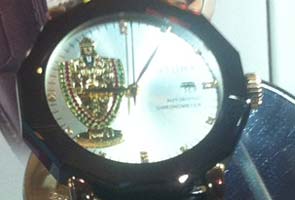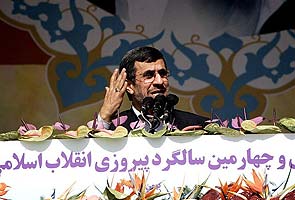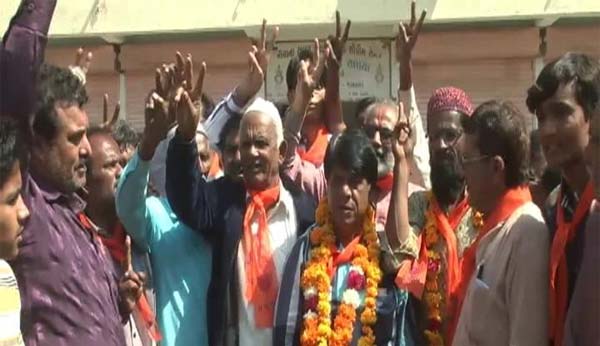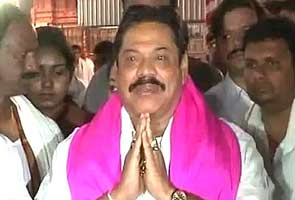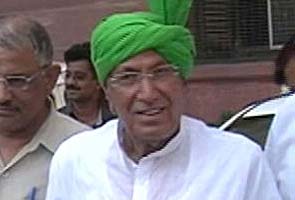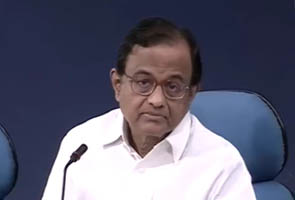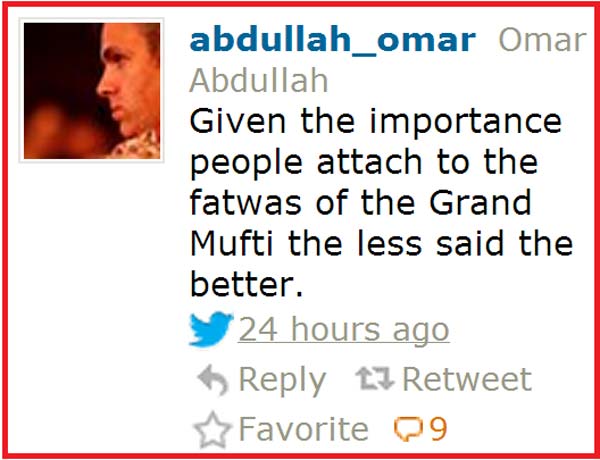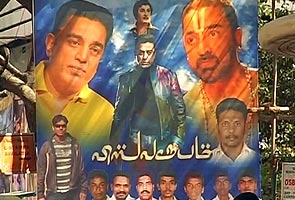26 feb 2013
LONDON: Royal Bank of Scotland Group CEO Stephen HesterBSE 1.07 % is being pressed by the UK government to sell more assets and bolster capital as the Treasury tries to recoup some of its 45.5 billion($68.9 billion) investment in the bailed-out lender.
RBS will this week announce plans to sell a stake in Citizens Financial Group and shrink assets at its investment-bank by as much as 30 billion, said a person with knowledge of the plans, who asked not to be identified because the matter is private. As recently as August, Hester said he didn't intend to sell the US consumer and commercial lender it acquired in 1988.
"RBS is clearly under pressure from the government to shrink and make the bank much simpler," said Ian Gordon, an analyst at Investec in London, who values Citizens at about 8 billion and has a sell rating on the stock. "Regulators seem to be saying that RBS needs to raise capital."
Hester, 52, has cut assets by more than 800 billion, eliminated 36,000 jobs and scaled back RBS's securities unit since he took over from Fred Goodwin in 2008. The shares are still little more than half the price the government paid for its 81% stake when it rescued RBS during the financial crisis, the biggest bank bailout ever.
The lender will post a net loss of 5.16 billion for 2012, compared with a loss of 2 billion a year earlier, according to the median estimate of nine analysts in a Bloomberg survey. RBS is scheduled to announce full-year earnings on February 28. The firm will sell a 15% to 25% holding in Citizens in a deal that may take two years to complete, the person with knowledge of the matter said.
Operating profit for the US consumer banking and commercial unit rose to 554 million pounds in the nine months to Sept. 30 from 360 million pounds a year earlier, according to company filings.
LONDON: Royal Bank of Scotland Group CEO Stephen HesterBSE 1.07 % is being pressed by the UK government to sell more assets and bolster capital as the Treasury tries to recoup some of its 45.5 billion($68.9 billion) investment in the bailed-out lender.
RBS will this week announce plans to sell a stake in Citizens Financial Group and shrink assets at its investment-bank by as much as 30 billion, said a person with knowledge of the plans, who asked not to be identified because the matter is private. As recently as August, Hester said he didn't intend to sell the US consumer and commercial lender it acquired in 1988.
"RBS is clearly under pressure from the government to shrink and make the bank much simpler," said Ian Gordon, an analyst at Investec in London, who values Citizens at about 8 billion and has a sell rating on the stock. "Regulators seem to be saying that RBS needs to raise capital."
Hester, 52, has cut assets by more than 800 billion, eliminated 36,000 jobs and scaled back RBS's securities unit since he took over from Fred Goodwin in 2008. The shares are still little more than half the price the government paid for its 81% stake when it rescued RBS during the financial crisis, the biggest bank bailout ever.
The lender will post a net loss of 5.16 billion for 2012, compared with a loss of 2 billion a year earlier, according to the median estimate of nine analysts in a Bloomberg survey. RBS is scheduled to announce full-year earnings on February 28. The firm will sell a 15% to 25% holding in Citizens in a deal that may take two years to complete, the person with knowledge of the matter said.
Operating profit for the US consumer banking and commercial unit rose to 554 million pounds in the nine months to Sept. 30 from 360 million pounds a year earlier, according to company filings.

